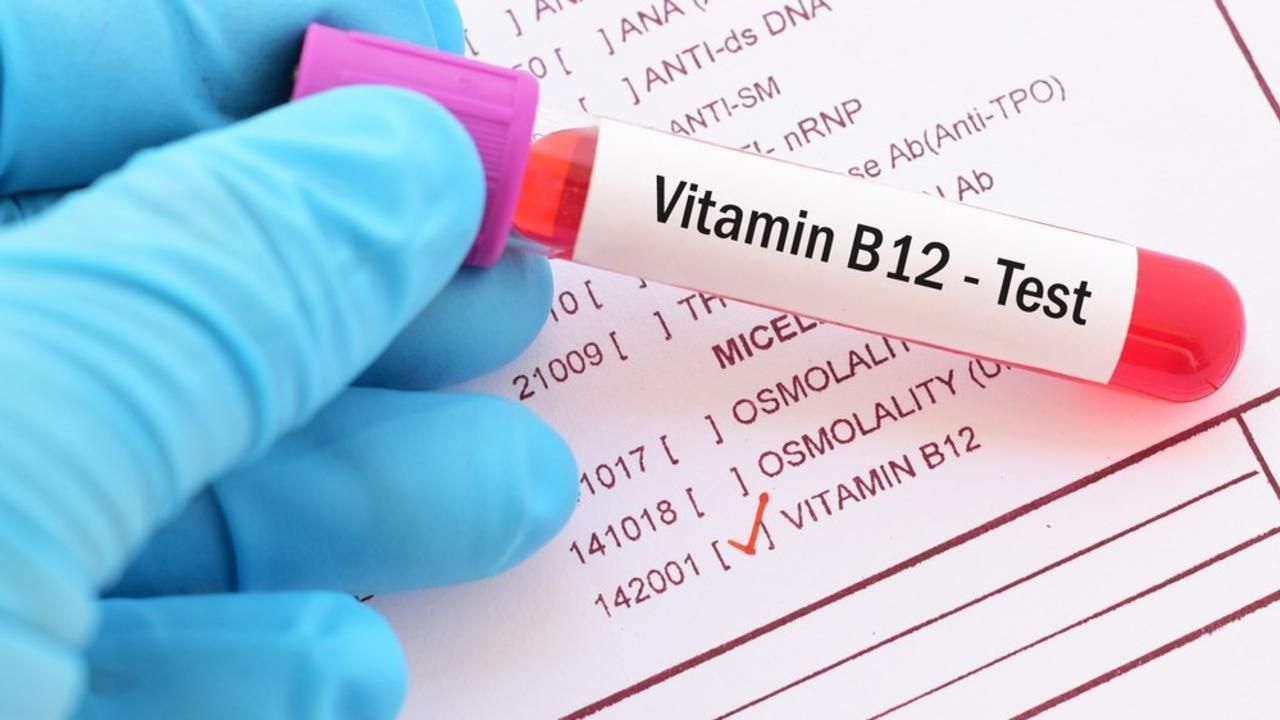Initial Testing for Menopause

Women often have very similar symptoms during their menopausal transition but very different underlying causes. Testing is the best way to determine why you are feeling the way you are and what individual treatment strategies you need to get back on track.
Most women are surprised that I don't test their hormone levels. Common reproductive hormones include FSH, LH, Estrogen, Progesterone, Testosterone, etc. I generally don't test for these as it's normal for them to fluctuate on a daily basis and there is not a test that diagnoses menopause. The menopause diagnoses come 12 months after your last period. You have to remember all women will stop menstruating and will have altered hormonal levels but not all women will have symptoms during this transition. So it's worth digging deeper to find out what's really going on rather than just blame your hormones because if it was just a hormonal change every woman would suffer during this transition.
My initial round of testing includes:
Signs your B12 levels might be too low include numbness/tingling in your hands and feet, balance issues, confusion, depression, fatigue, weakness, feeling short of breath, having heart palpitations, insomnia (sleep maintenance - waking during the night rather than troubles getting to sleep initially) and anemia.
B12 often lowers as we age. B12 is absorbed via the digestive system and any digestive disorder can limit its uptake. A common issue is reflux and proton pump inhibitors such as Nexium. This medication blocks absorption of B12 and another medication that also does this is blood sugar medication such as Metformin. I would always co-supplement in these cases.
This is another very common deficiency and our needs increase as we age. Did you know you have Vitamin D receptors in every cell in your body, therefore a vitamin D deficiency can actually cause issues in any or all parts of your body? The most common symptoms are fatigue, depression, muscle pain, poor immunity, bone pain, and osteoporosis.
Copper and zinc work in opposition to each other and both these nutrients should be checked together. This is a very common problem with vegetarians and vegans.
Elevated copper causes emotional withdrawal, anxiety, poor stress response, memory issues, concentration issues, impaired learning, depression, and panic attacks.
Low zinc can cause fatigue, poor immunity, skin problems, digestive issues, insomnia, poor smell, poor taste, poor appetite, allergies, hair loss, cognition issues, loss of libido, etc.
It is very important to also test for ferritin, as this is your stored or reserve iron levels. As a general rule in peri-menopause, this can be low and in post-menopause, it can be high. Low levels can cause fatigue, muscle cramps, irritability, dizziness, headaches, palpitations, feeling short of breath, ringing in your ears. High levels can also cause fatigue, joint pain, abdominal pain, irregular heartbeat, depression, and concentration issues.
As high and low levels cause similar symptoms its best to test to determine which way around it is. Feeling tired and taking iron will make things way worse if your levels were high to start with.
Blood sugar issues are far too common in postmenopausal women, with 1 in 3 being diagnosed with diabetes. Prevention is better than a cure.
Glucose - active blood sugar level
Insulin - regulates the amount of glucose in the blood
HbA1c - Average blood sugar level over the last 3 months.
Symptoms your liver isn't coping well include headache, itchy skin, pain in your upper right quadrant (lower part of your ribs), fatigue, weakness, nausea, easy bruising, swollen ankles, brain fog, skin pigmentation, insomnia, weight gain, constipation, etc. Our Western society is full of toxins that the poor liver has to process, consider the amount of processed foods you eat, the air you breathe, alcohol you consume, chemicals in your personal care products and cleaning products, it really is any wonder the liver can keep up at all. This test may be the motivation you need to clean up not only your liver but environment as well.
Your thyroid gland regulates the body's metabolic rate, cardiovascular function, digestive function, muscle control, brain function, mood, bone turnover, and longevity. What an important organ! Unfortunately, your thyroid is more likely to play up as you age. With 1 in 12 women having thyroid dysfunction in peri-menopause and 1 in 6 post menopause. It's vital you have a thorough thyroid function test including thyroid antibodies. The most common thyroid condition is hypothyroidism ad common symptoms of this disease include: fatigue, brain fog, weight gain, hair loss, brittle nails, constipation, dry skin, depression. These are the same symptoms as menopause!
Low iodine levels cause breast pain and may increase your risk of breast cancer. It has also been linked to an increased risk of osteoporosis and hypothyroidism. All conditions have an increased risk after menopause. One word of warning here is to not self prescribe if you have a thyroid condition - this really needs to be monitored and dosed by a practitioner.
Depending on the individual, often toxicity testing is also done.


